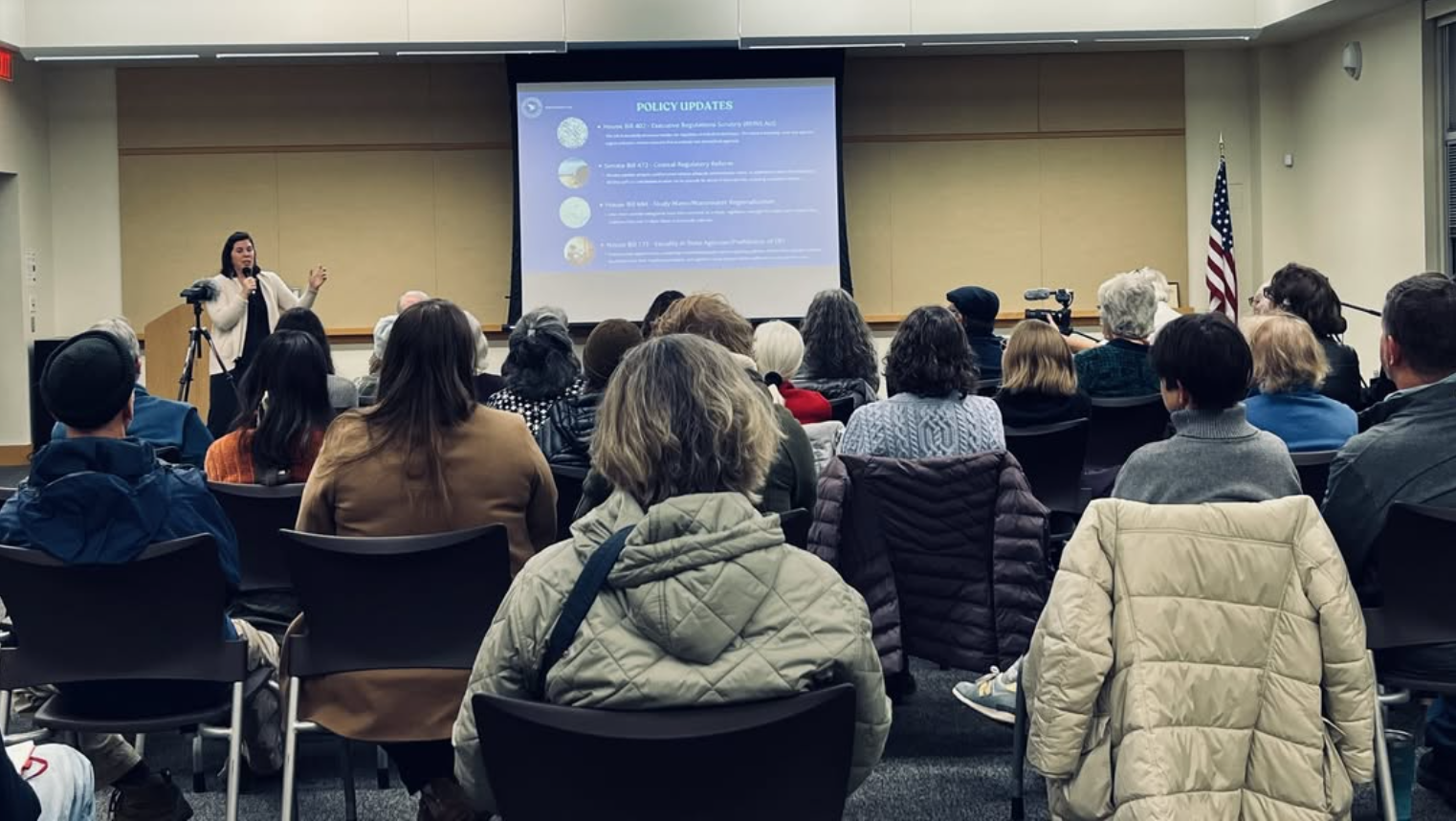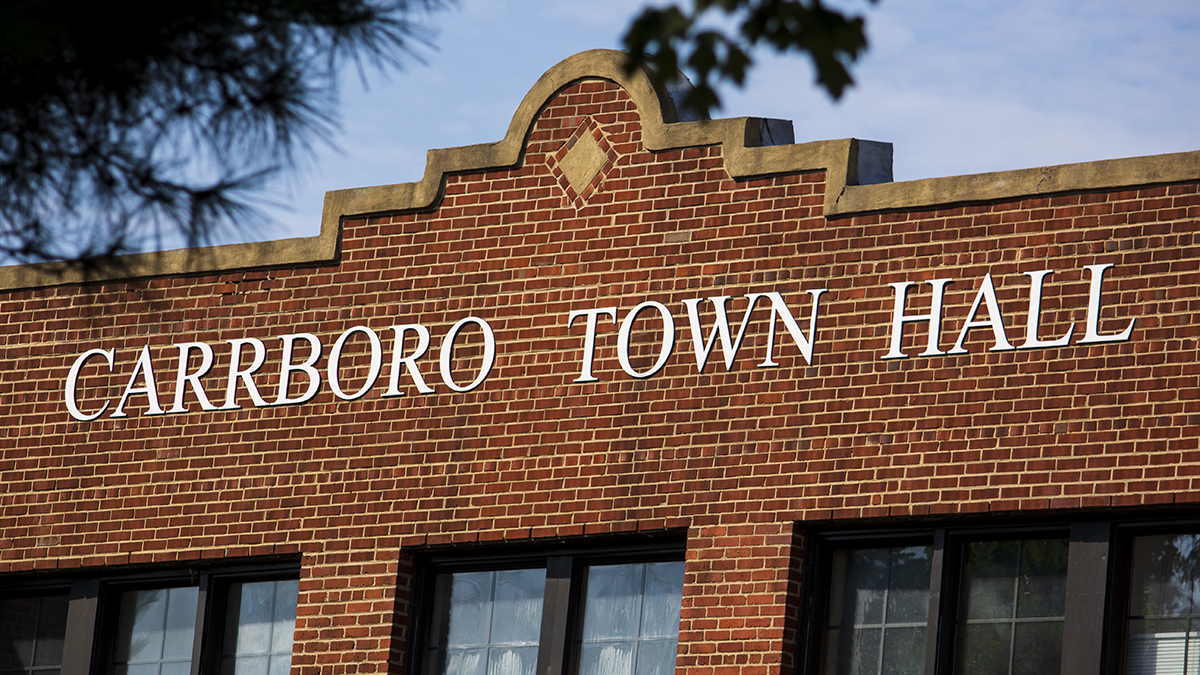A local program is helping low-income and at-risk children prepare for kindergarten.
66 children from low-income families or that were identified as needing additional support participated in a summer kindergarten readiness program from the Family Success Alliance to prepare those students for the start of kindergarten.
Dr. Michael Steiner is a pediatrician at the North Carolina Children’s Hospital and serves as an adviser to the Family Success Alliance. He says data shows significant improvements in the assessment scores of children who participated in the first year of this program.
“This program is currently the entry point into this long pipeline,” Steiner says. “We promise to continue developing programs that will build the pipeline, strengthen partnerships and make resources available to children and their families as they successfully move through their school years with early college and early career being the end goal of our work.”
Sheldon Lanier is the Director of Equity Leadership in the Chapel Hill – Carrboro City School District, and he says students showed major growth in the short summer program.
“Overall, the students that were enrolled in the program moved from nine percent to 67 percent in terms of proficiency,” Lanier says. “When we’re talking about proficiency, we’re talking about leveling the playing field and having students ready to enter into kindergarten and actually, I don’t want to say compete, but basically be able to achieve on the same level as students who may have already gotten some of those resources.”
Lanier adds students at New Hope Elementary went from zero percent to 63 percent proficient, while students at Carrboro Elementary went from 33 to 61 percent proficient and participants at Frank Porter Graham showed the largest improvement from zero to 74 percent proficient.
Chapel Hill – Carrboro City Schools Assistant Superintendent Magda Parvey says programs like this will help close the achievement gap.
“The Kindergarten Readiness Program really aligns very nicely with the work we’re doing to help address the achievement gap,” Parvey says. “Specifically, in terms of pre-teaching and preparing students in advance of being in school. It aligns very much with our K-12 initiatives in terms of strategies that are evidence-based.
“We really appreciated the it-takes-a-village approach that the Family Success Alliance provided, and we were very honored to be a part of that.”
These three schools were chosen to participate because they are in the two zones selected in late 2014 by the Family Success Alliance to focus efforts during the first year of the program’s existence.
Amber Wilson is the Assistant Principal at New Hope Elementary Schools. She says she has seen first-hand the impact this program has had on preparing students for kindergarten. She says a major step to ensuring students are ready begins with reaching their parents.
“To start out our program at New Hope, we also brought parents in and did an informational session, which we felt was really beneficial,” Wilson says. “And, more importantly, at the end of our program we brought our parents back to celebrate the success that we had during the program.
Wilson says every parent with a child in the program attended the end-of-session banquet.
“It was so sweet. The kids were all dressed up in their little dresses and stuff. And they were so excited to share with everybody what they had learned. And they felt good about themselves.”
Wilson adds the student’s confidence and comfort level with the school experience carried over into the new school year.
Claudia Yerena is the mother of a student who went through the program this summer. She says she can see a difference in the preparedness level in her five-year-old son who just entered kindergarten and her seven-year-old.
“It’s a huge difference between them,” Yerena says. “My older boy was very scared and shy and refusing to go to school. It’s totally different with my second boy.
“He was so excited. He was ready to go. He has more confidence. He also started with more academic skills.”
Steiner says that funding will be crucial to continue this program, and the FSA in general, in the future. Funding has been set aside by the Orange County Commissioners. Steiner says the group will look to other funding sources to ensure the program continues.
Parvey says that getting the students prepared for the day they enter school greatly increases the chance to close the achievement gap and Lanier says teachers can push a classroom further if all students are on equal footing on the first day.







